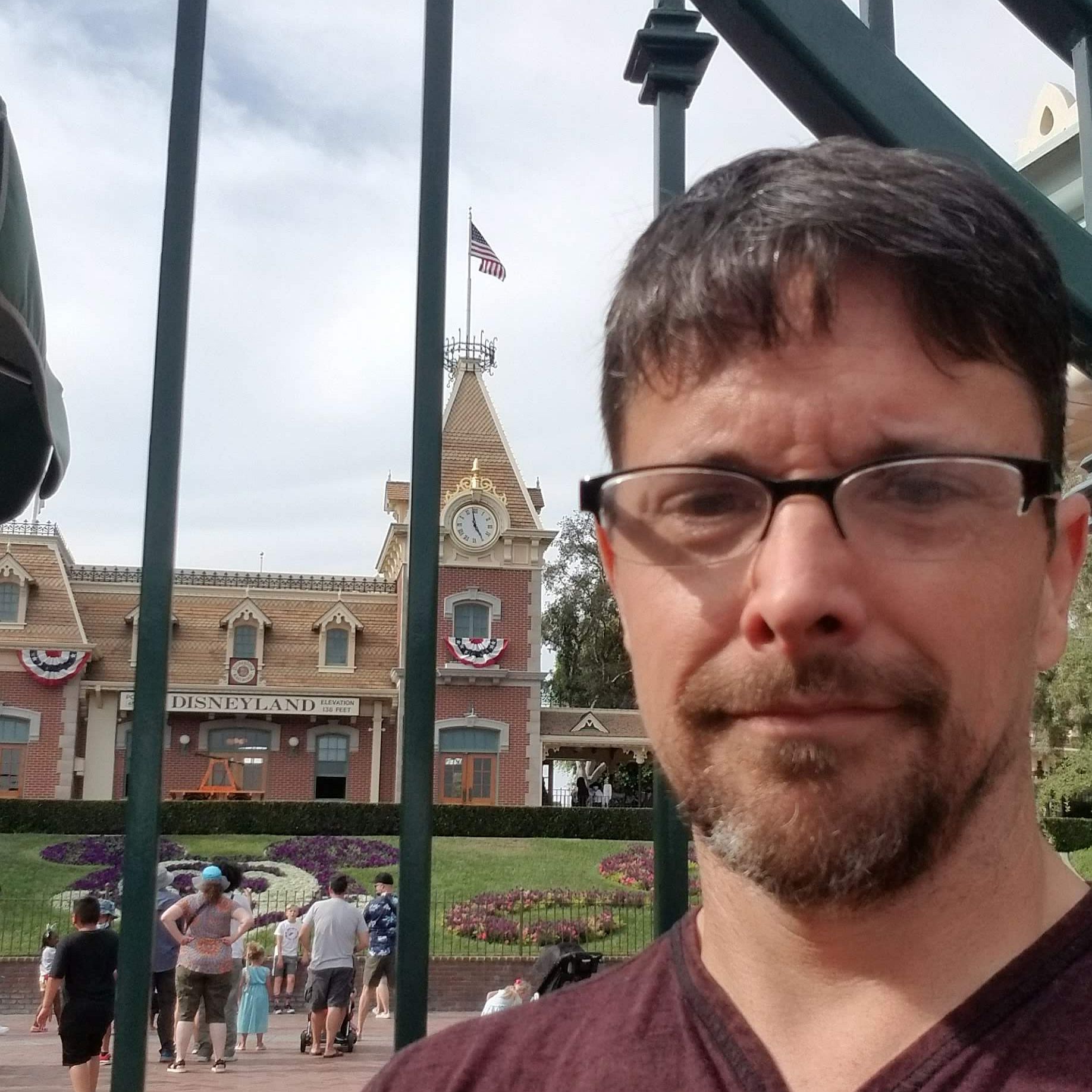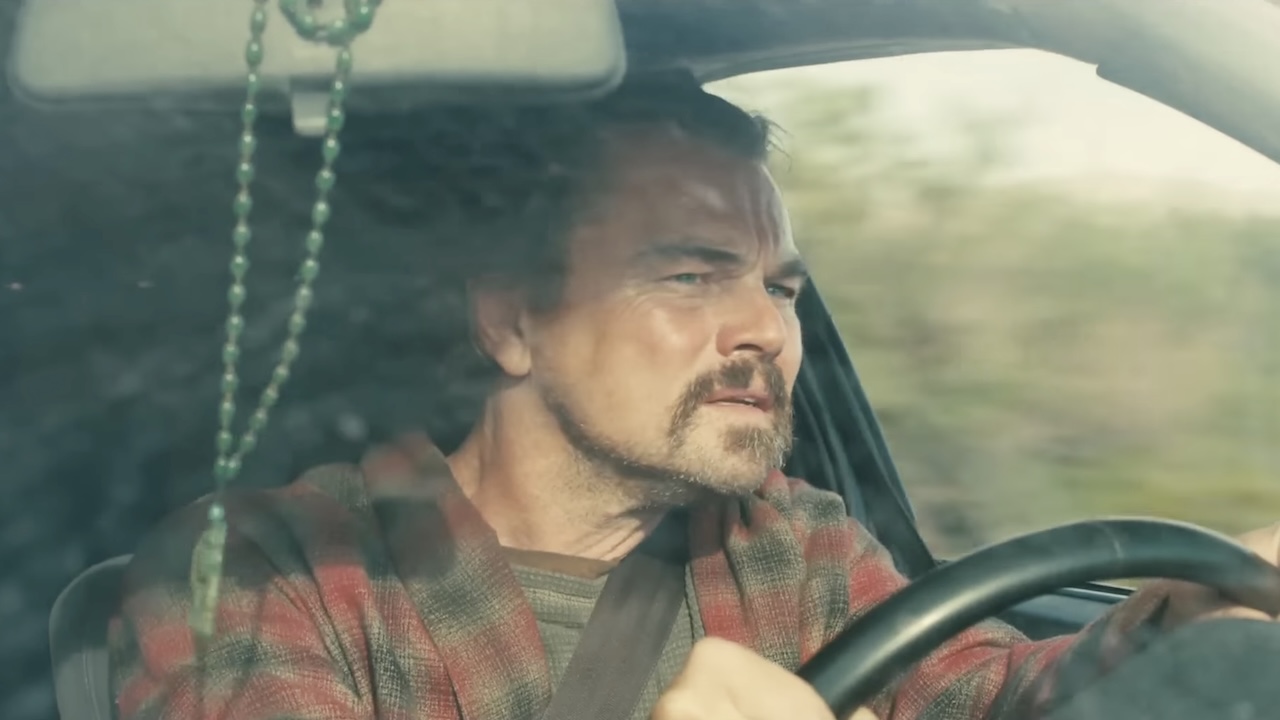Why The Big Short Deserves To Win Best Picture

The slate for this year’s Academy Award for Best Picture is a strong one. While there are arguments to be made about whether this movie or that one is the frontrunner, there’s no clear and obvious choice. It’s difficult to compare a movie like Spotlight to one like Mad Max: Fury Road. How do you decide which of them is truly better? Still, the Academy is going to make the call, and so I will too. The Big Short is the best picture of the year, and the one that deserves to win the Oscar this year.
The first thing that makes it clear that The Big Short is worthy of Best Picture is the performances. Unlike nominees like Room or The Revenant, which hang their hopes on one or two great performances, The Big Short has an entire cast of award-worthy turns. While Christian Bale is the film’s sole nominee, nobody would have disputed a similar nod for Ryan Gosling or Steve Carell. Honestly, if only one of The Big Short's great actors was going to see award nominations, it should have been Carell. The movie sees additional support by relative unknowns, John Magaro and Finn Wittrock, as well a great barely-bigger-than-a-cameo performance by Brad Pitt. For the film to succeed, every single one of them needed to be at the top of his game, and they were. The movie couldn’t rest on simply one great performance. It needed several, and it got every single one.
One of the things you’ll notice about The Big Short is the difficulty that you’ll have in classifying it. The Golden Globes called it a comedy, and it probably is the funniest movie nominated for Best Picture. But it uses that comedy to great effect. One of the reasons that comedies tend to be overlooked during awards season is because by their very nature they’re difficult to take seriously. But The Big Short does not have that problem. Think you can’t understand the mortgage crisis? That’s ok because Margot Robbie will explain what a subprime mortgage is while sipping champagne in a bubble bath. You don’t need to know what a collateralized debt obligation is, because Anthony Bourdain will explain it to you.
All this is a testament to the screenplay by Adam McKay and Charles Randolph. Unlike most films based on a true story, The Big Short does not have an obvious narrative. It’s actually a collection of disparate events and characters that are connected by circumstance more than anything else. There isn’t a plot here, at least not at the beginning. The story had to be formed before it could even be told and this is what McKay as both screenwriter and director is able to accomplish.

The movie uses comedy to show that these issues aren’t obtuse or complicated. They’re actually very simple. However, they’re also very important. While The Big Short isn’t the only Oscar nominee based on a true story, it is the one that every single person watching the film can relate to. This wasn’t the story of something that happened in a war over 50 years ago. This wasn’t a story of an event or a person that you’ve never heard of. This financial meltdown only happened a few years ago. Many people are still dealing with the fallout from it today. It may very well have impacted you, or somebody you know, directly.
It’s at this point when you realize that The Big Short isn’t a comedy. It isn’t a drama. It’s a fucking horror movie. For countless people, it was the end of the world. It’s the moment when one of the characters inadvertently informs a renter that his landlord hasn’t paid the mortgage in months. The fear in the man’s eyes is one of the most real moments in the film, second only to seeing the same man, and his children, living out of their car at the end of the movie.
Great art is supposed to fill you with emotion. Love, joy, fear, sorrow -- these are all emotions that we tend to experience when we go to the movies. The Big Short is a unique film, unlike any other, because it will make you angry, it might make you sick. No other recent movie, and certainly no other film this year has had such an impact. This is why The Big Short should win best picture at the Academy Awards on February 28.
Your Daily Blend of Entertainment News

CinemaBlend’s resident theme park junkie and amateur Disney historian, Dirk began writing for CinemaBlend as a freelancer in 2015 before joining the site full-time in 2018. He has previously held positions as a Staff Writer and Games Editor, but has more recently transformed his true passion into his job as the head of the site's Theme Park section. He has previously done freelance work for various gaming and technology sites. Prior to starting his second career as a writer he worked for 12 years in sales for various companies within the consumer electronics industry. He has a degree in political science from the University of California, Davis. Is an armchair Imagineer, Epcot Stan, Future Club 33 Member.
